From laboratories to action: The experiments that revolutionize the diagnosis of hereditary diseases!
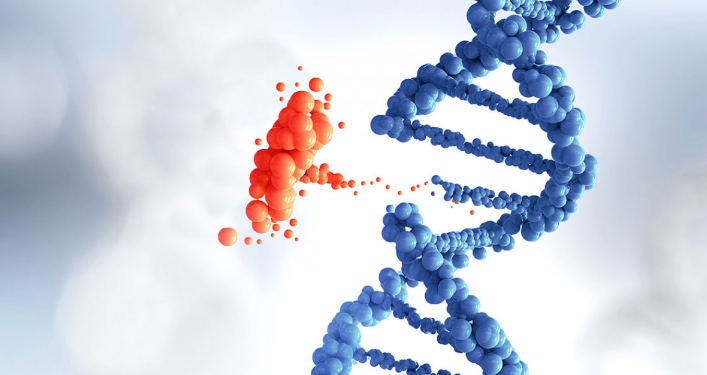
Hello friends! Today I bring you some super interesting news about the most intriguing scientific research from the University of Copenhagen, Denmark. It turns out that a group of scientists has been investigating a gene called GCK and its relationship to a hereditary form of diabetes. Let’s find out the details!
The GCK gene, also known as the glucokinase gene, is responsible for regulating the secretion of insulin in our pancreas and as you know, insulin is very important to control blood sugar levels. If there are variations in the GCK gene, it can cause problems and lead to a specific form of hereditary diabetes. But here comes the most exciting! The scientists decided to investigate all possible GCK variants to understand how they affect our bodies, using yeast cells (yes, yeast) and testing more than 9,000 different variants of the gene. Imagine that! They now have a full list of the effects of these variants, both the ones they already knew about and the ones that might be present in patients with hereditary diabetes.
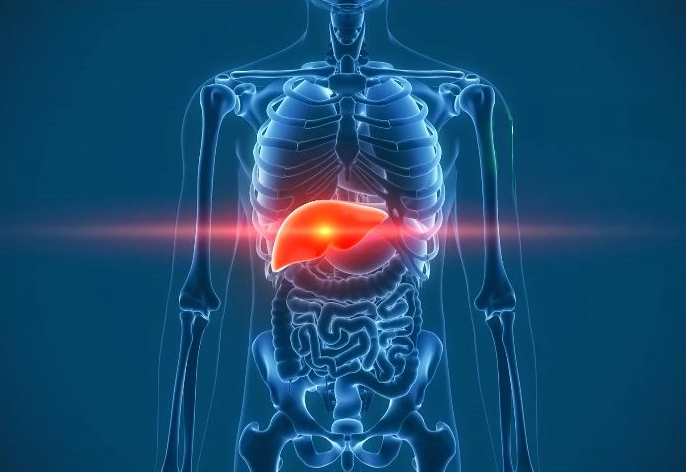

The results of this research are super unique, not only did they measure the effects of thousands of variants, but they also discovered what happens to protein glucokinase with each of them. It’s like finding out how the gears of a super complex machine work! These discoveries are great, especially for people who have a form of hereditary diabetes called “GCK maturity-onset juvenile diabetes” (GCK-MODY). It turns out that many patients with this form of diabetes do not need medication to treat it, but due to misdiagnoses, they end up taking unnecessary medication!
But now, thanks to this incredible study, it is hoped that GCK-MODY patients will receive the correct diagnosis and not be given the wrong treatment. That’s great news! This study is just the beginning, my friends. The scientists are planning to apply these methods to other genes and diseases, are already working on neurodegenerative diseases, and want to develop computational models to better understand how genetic variants work and cause different diseases.
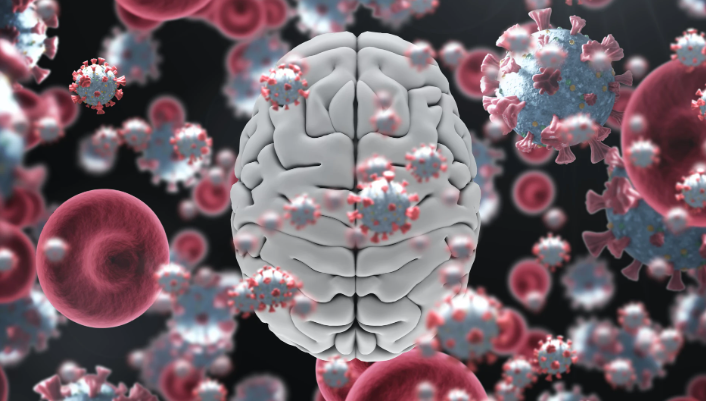
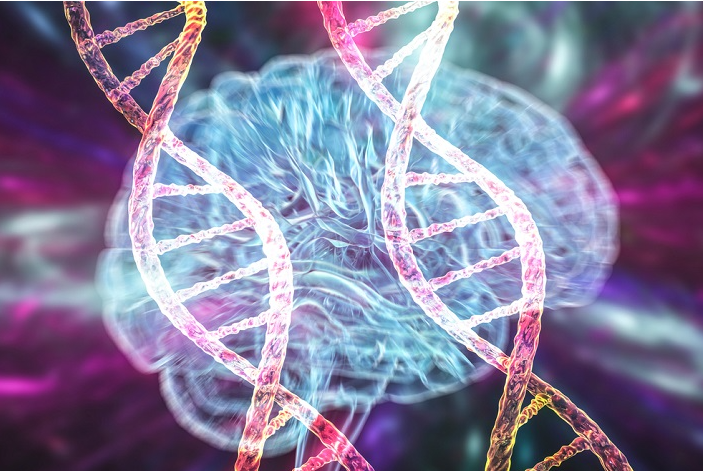
So what did we learn today? Scientific research is really exciting, and these researchers in Copenhagen are doing amazing things to help people with inherited diabetes. Let’s hope they have more amazing discoveries soon!

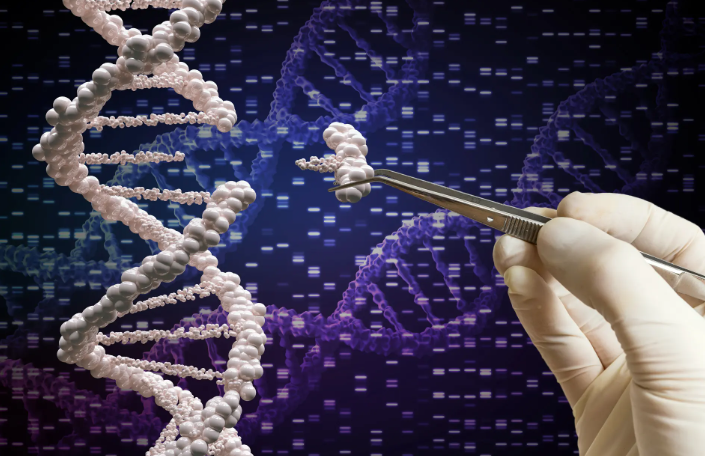
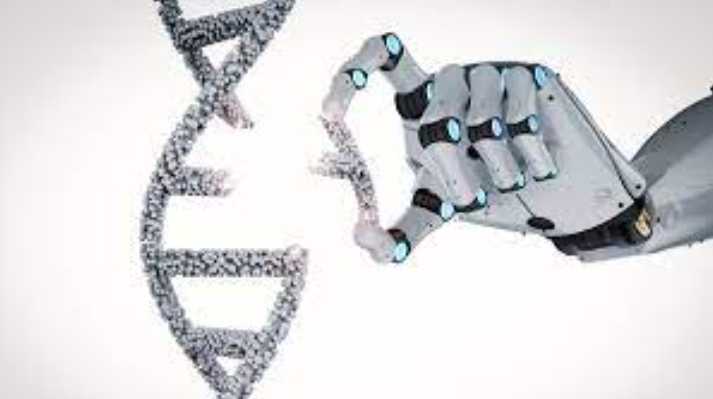
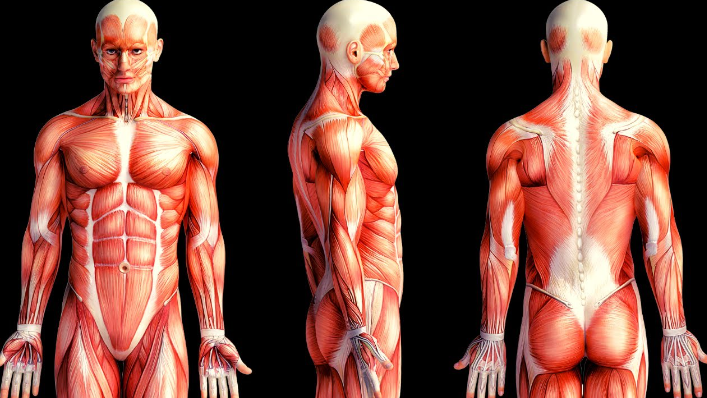

Responses